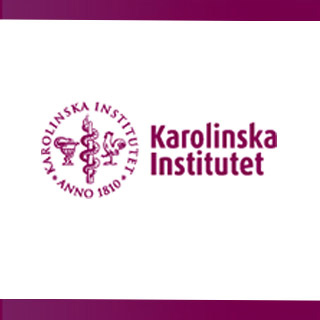
The use of hormone replacement therapy (HRT) to alleviate troubles linked to menopause was apparently the most in Sweden in 1999 and then supposedly started to drop. The fall was emphasized following a huge examination in 2002 known as the treatment into question. Numerous studies have demonstrated that the quantity of cases of breast cancer dropped abruptly in various countries, but it apparently has not been obvious whether the decline in the use of HRT was the major cause.
Swedish experts have supposedly now examined trends in the occurrence of breast cancer in Sweden between 1997 and 2007, a duration during which the use of HRT is said to have dropped considerably. The proportion of women aged 50-59 years who used HRT is believed to have declined from a max of 36% in 1999 to about 27% in 2002 and to roughly 9% in 2007.
Mats Lambe, author of the study and working at the Department of Medical Epidemiology and Biostatistics at Karolinska Institutet, commented, “Our results provide further support for the hypothesis that the decreased use of HRT to relieve problems associated with the menopause has reduced the incidence of breast cancer in recent years, for women aged 50-59 years. The reduction we have seen cannot be explained by changes in the procedures used to record cases of breast cancer or by a reduction in the use of mammography.â€
The kind of cancer called as carcinoma in situ is said to be most frequently diagnosed by mammography. If the use of mammography had dropped during the course of the study, the accounted rate of carcinoma in situ ought to also have fallen. But it was seen that it did not happen.
This study was published in the scientific journal Breast Cancer Research.
